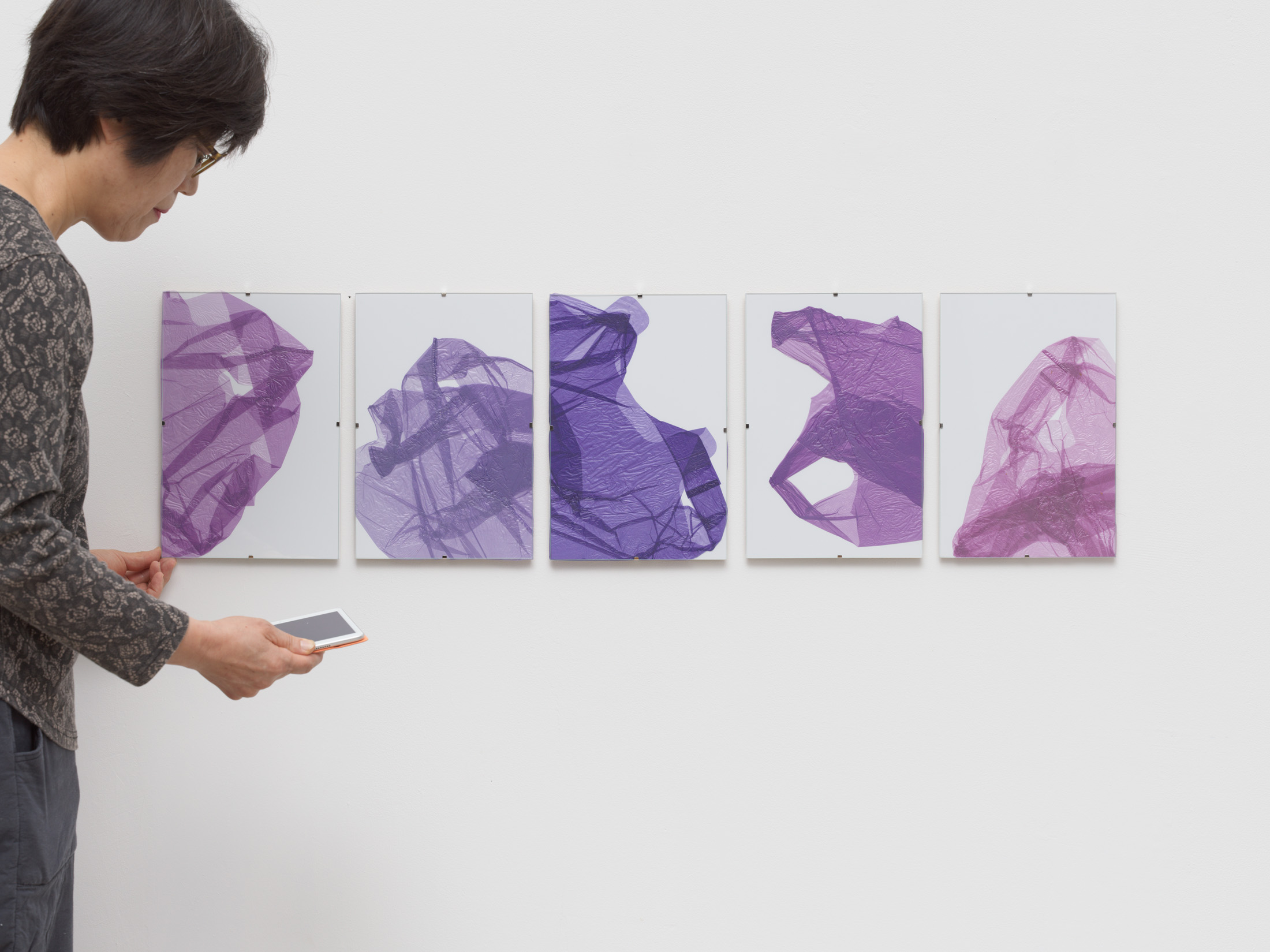
About
Presentation
HA CHA YOUN was born in 1960 in Masan (currently Changwon), Gyeongsangnam-do, Korea. Since moving to France in 1983, she has lived and worked in France and Germany and is based in Western Europe. She identifies herself as an emigrant and an immigrant. Through various media such as installation, performance, video, objects, and photography, she endeavors to respond to local conditions and to root herself in a new place.
She uses discarded plastic water bottles and plastic bags in order to raise awareness with regard to the overproduction and consumption of consumer goods and to subject global imbalances to continuous questioning. Since the 2000s, the " Sweet Home" series of archival films and performances has dealt with social inequalities such as homelessness, economic precariousness and minorities from different perspectives. For forty years, her work has been calling for “living together.”
Contact
ha cha youn
info@hachayoun.com
Interview
Ewa Sulek Why is the subject of poverty important to you?
Ha Cha Youn I believe I'm seeking harmony and balance within society. Despite the discomfort in addressing the subject of poverty, it undeniably exists widely throughout our society, almost everywhere. When we feel fragile and find ourselves facing difficulties, we tend to seek parallels in similar situations, don't we? Bringing visibility to societal concerns is important. It aims to provide a fair place for these issues.
E. S. What does the plastic bag mean for you – you use it very often?
H. C. Y. The daily material, varied color, transparency, and environmentally poor material of the bags are like the clothes of a person. However, the true essence of the bags I use represents individuals without a place to call home. In my artistic practice, I often interconnect plastic bags and frames. The plastic bags symbolize those experiencing homelessness, both physically and culturally, finding it challenging to establish a new cultural home upon immigration. These bags are depicted in a state of motion, flying and floating, portraying the transient nature of their existence. My aim is to provide a temporary settlement, offering a framework for these bags — a place to reside. Yet, it remains impermanent. For the plastic bags, I refrain from using glue and avoid altering their shape, employing a simple folding system. At any given moment, they can depart from the frame and regain their freedom. I've incorporated plastic bags into my artistic works since the early 90s.
E. S. Some of Your works were created in Korea, some in Europe. How important is the background for you?
H. C. Y. I travel occasionally, but rarely for tourism purposes. Most of the time, I reside in Europe. When I travel, it's often to visit family, places I've lived before, or locations related to work-related exhibitions. I find myself in both an immigrant and emigrant situation. It's crucial for me to establish equal importance and existence in two places – Europe and Korea.
E. S. What do You think is the role/impact of socially engaged art these days? Do you consider your art this way?
H. C. Y. I'm not closely connected to social networks, and often many active artists who are socially engaged may not be prominently visible in exhibition spaces. I'm deeply connected to and observe the happenings in our societies: the diverse ways of life and thinking, political landscapes, global economy, and consumption patterns. These elements significantly influence me and a part of my artistic works. However, labeling myself as a socially engaged artist carries a very weighty responsibility, which limits me. It's a significant constraint. If everyone were to ask the question "Is the world going well?" (Est-ce que le monde va bien?), it would be truly impactful.
Extract from the interview with Ewa Sulek, curator of the exhibition Home(s) project at the Lescer Art Center, Zalesie Gorne and the Korean Cultural Center, Varsovia (Poland), in september 2019.